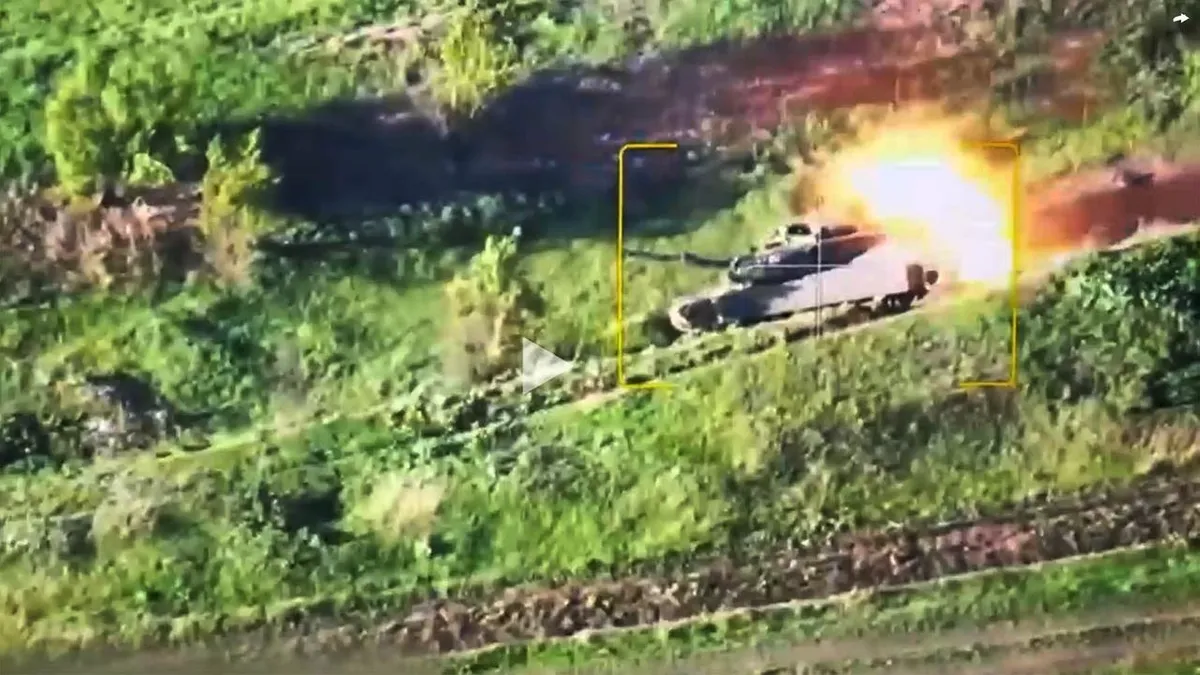It was the invention of printing that created the theoretical possibility of amassing the interconnected world of knowledge. In the 16th and 17th Centuries possessing all knowledge seemed a real prospect. The increasing complexity of knowledge made this idea disappear by the 19th century. Today, the Internet holds the possibility of new opportunities of interdisciplinarity and a new encyclopaedism.
Having offered an overview of the history of the concept of encyclopaedism, the lecture cuncludes that encyclopaedic theoretical knowledge in one single mind is impossible, but it is perhaps possible outside the mind. According to certain anthropologists the majority of human knowledge is stored not in the mind but in external, physical symbolic systems. At the beginning of the 21st century the role of the external human memory is gradually being taken up by the digital Internet.
The World Wide Web is not a world encyclopaedia, although many online lexicons can be found on it. In Hungary there is a new venture to create the, Hungarian Virtual Encyclopaedia, which is at the same time a scientific experiment.

Németország újabb drámai világháborús lépése

Ez roppant kínos: megint lebukott Meghan, hogy hazudott

„A szemembe hazudott!” – kipakolt Majkáról a Sztárban Sztár leszek! felfedezettje

Magyar Péter Oscar-díjas alakítása volt, amikor öngyilkosságot színlelt felesége előtt

Összeomlott Tilla, szörnyű veszteség érte: "sajnos elköltöztette őket"

Hatalmas blama: Juhász Péter gyakorlatilag megbukott

Miattuk nincs béke Ukrajnában + videó

A Girona ismét 4–2-re megverte a Barcát – egyúttal bajnokká koronázta a Real Madridot

Megrázó felvétel az ukrán-orosz háborús pokolról - videó

Olaszország válaszolt Macron őrült, világháborús tervére

Egészen hihetetlen, de betiltják Olaszországban a pizzát és fagylaltot is
